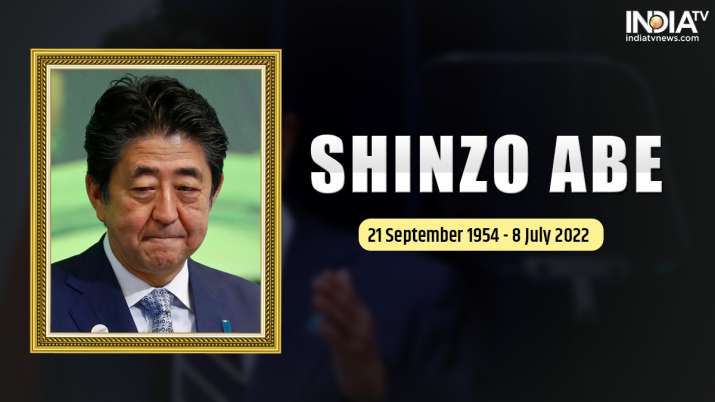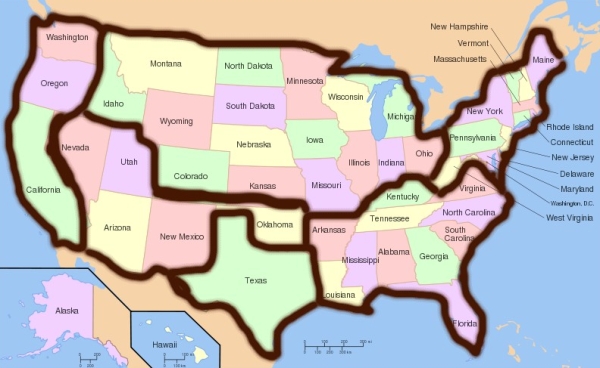 Back in 1943, the year in which political scientist Quincy Wright published his monumental A Study of War, he put Japan at the top of his list of aggressive and militaristic nations, ranking it ahead even of Germany. Considering that Hitler was in power and that, during the four decades since 1900, Germany had been widely blamed for having launched not one but two world wars, this fact sheds an interesting light on the way people used to think.
Back in 1943, the year in which political scientist Quincy Wright published his monumental A Study of War, he put Japan at the top of his list of aggressive and militaristic nations, ranking it ahead even of Germany. Considering that Hitler was in power and that, during the four decades since 1900, Germany had been widely blamed for having launched not one but two world wars, this fact sheds an interesting light on the way people used to think.
But nothing lasts forever. Following Japan’s defeat in World War II, brought about partly by a series of bloody battles against vastly superior Allied forces (those of the US, Britain, China and, for good measure, the Soviet Union as well) and partly by two nuclear devices dropped on Hiroshima and Nagasaki respectively, the country’s public opinion became as bitterly opposed to war as it had previously been militaristic. The most important symptom of this opposition was the reluctance, which lasted for decades on end and still remains a major factor in Japanese politics, to change the Constitution. One which, originally dictated to it by the American General Douglas MacArthur, “forever renounce[d] war as a sovereign right of the nation and the threat or use of force as means of settling international disputes.”
Enter Shinzo Abe. Born in 1954, the scion of a well-known political family and a Liberal Democrat, (meaning, slightly right of center), twice he served as prime minister (2006-2007 and 2012-2020). Making a total of nine years, more than any other post-1945 Japanese prime minister. Both in- and out of office he never left any doubt concerning the need to increase his country’s ability to assert itself if necessary. Without, however, going too far in provoking either his domestic electorate or foreign countries, both friendly and hostile. Now that he has fallen victim to an assassin, it is worth listing some of the most important efforts he and his fellow Liberal Democrats have been making or trying to make. If not in this order, then at any rate in this direction.
- Cementing Japan’s alliance with the United States as its protector against Soviet-Russian/Chinese/and North Korean aggression.
- Starting in 1991, having suffered the humiliation of by helplessly standing by while others crushed Iraq’s Saddam Hussein, they gradually expanded Japan’s participation in various international peace-keeping efforts. Including, from 2004 on, sending naval and air forces to the Persian Gulf and Afghanistan to assist in those efforts.
- Using various accounting tricks to boost the country’s defense budget from about one percent of GDP to double that without too many people noticing.
- Reinterpreting—not modifying—Japan’s Constitution in a way that would allow Japanese troops to come to the aid of an ally under attack.
- Creating a National Security Council as an instrument for reinforcing the prime minister’s role in security affairs. Some Japan-watchers called this “the most ambitious reorganization of Japan’s foreign and security policy apparatus since the end of World War II.”
- Putting an end to Japan’s long-standing official denials that it had American nuclear weapons stationed on its territory.
- Building a couple of aircraft carriers, albeit that they are much smaller and less capable not only than the American ones but also than the new ones on which the Chinese Navy has been working.
- Relaxing, though not lifting, Japan’s ban on exporting all kinds of military-related equipment; with Ukraine under Russian attack and begging for any assistance it can have, the importance of this measure does not have to be pointed out.
- By way of putting the plum on the icing, visiting Tokyo’s Temple of the War Dead and paying his respects to the kami (spirits). Including some characterized by Japan’s opponents as war criminals.
All that having been said, here is a list of measures Shinzo and his fellow Liberal Democrats, probably because they believed the opposition would be too strong, did not push through:
- While Japan’s defense budget has been growing, it still ranks only seventh in the world. That is way below that of a number of other countries whose economies are smaller than its own.
- No Japanese forces have seen combat against the troops of any other power, nor is there any intention of changing this policy.
- Though Japan has long been in possession of a large and sophisticated nuclear industry, as far as public knowledge allows us to judge it has never made any strong move toward the construction of nuclear weapons.
- Finally, while public opinion has slowly been shifting towards building stronger armed forces, the Constitution has never been revised and does not look as if it is going to be anytime soon.
It is as Bismarck said: politics is the art of the possible.

